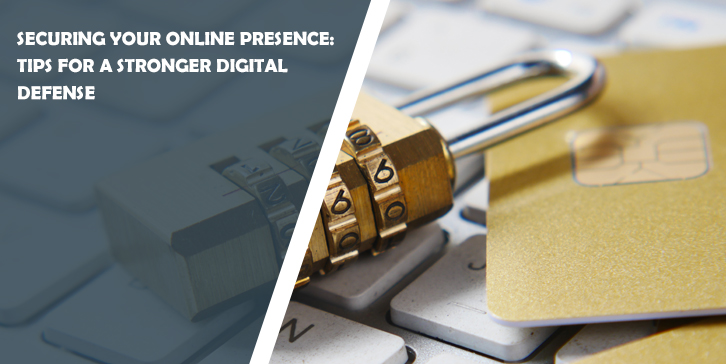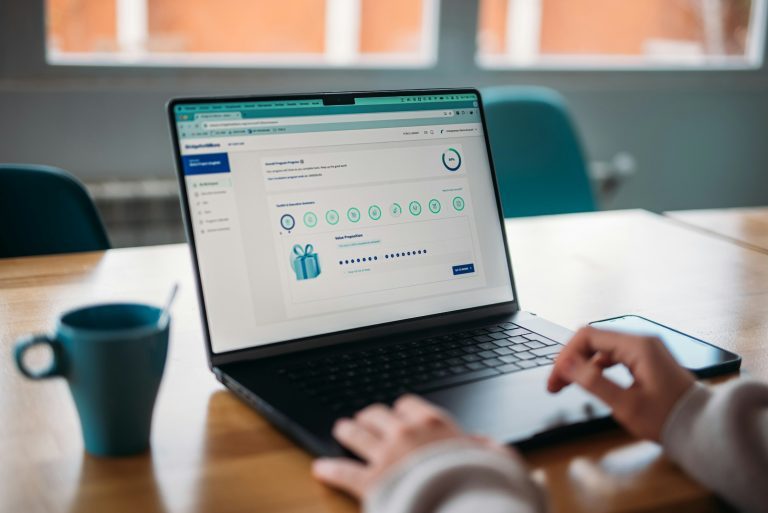The concept of someone tracking your every move is pretty disconcerting, and yet this is exactly what’s happening when you go online.
Whether you’re doing a bit of casual browsing, shopping through ecommerce websites, writing a social media post, or simply watching a YouTube video, you are leaving a digital footprint that is then followed by companies looking to monetise what you leave behind.
They do this by collecting your data and then selling it to the highest bidder, which is not only an issue ethically, but also puts you in danger of data misuse, offensive targeted ads, and even cyberattacks.
With this in mind, it’s important to be aware of how insecure your online presence really is.

Cyber Hygiene And Awareness
In this instance, knowledge is the best form of self-defence. Although there has been a lot of emphasis put on governments to formulate effective legislation, the problem of data brokers is not going away any time soon.
Right now, the data broker market is valued at around $350 million, and it’s growing at a CAGR of 7.96% to potentially reach $550 billion by 2028. But despite all of this, a lot of people are still not aware of how seemingly innocuous sites and third-parties are profiting from them.
If you want to know how to delete yourself from Google, how to stop spam, or how to remove your digital footprint, then there are tools available to do so and reduce the amount of value that brokers can extract from you.
Firewalls And Antivirus
With this knowledge, you can start putting in the steps to reclaim your personal data, but the fight for your internet safety is not over. We mentioned before that data brokers can put you in danger of cyberattacks, and with around 800,000 individuals being targeted by hackers every year, this is a key problem that also needs addressing if you want to secure your online presence.
The answer is relatively simple, too. Firewalls and antivirus software have long been some of the best tools to fight cyberattackers, but according to a recent survey, the usage of these tools is on the decline – from 78% in 2021 to 66% in 2023. Having this protection, however, can shield your computer and your network from hackers looking to breach it.
A VPN
VPNs can also be effective against both hackers and data brokers. Although they cannot hide your data completely, they do offer more protection from malicious third parties who are after your data by hiding your IP address, and securing your online browsing experience by encrypting it.
This is part of the reason why they have become so popular over the last few years. Earlier this year, it was reported that 1.5 billion people use VPNs, with a current market size of $44.6 billion that is expected to double by 2027.

2-Factor Authentication
These are the three best ways to defend your data and your overall internet safety, and each one of them should be put into practice if you care about your data being taken and your safe browsing being put at risk.
That being said, the emphasis isn’t just on you. Over the last few years, more sites and apps have been required to implement multi-factor authentication, essentially asking users to open two locked doors before they can access something. This is usually done with a password, and then a text sent to the smartphone – or biometrics using retinas, facial features, or fingerprints.
With businesses having to do more to protect you and your data, it’s important to jump on board and opt-in whenever you’re given the choice. With new technologies changing the world of computing, the cybersecurity threat is only going to get worse over the coming years, which means you should remain aware of new legislation and welcome efforts being made to keep you safe – while also doing everything you can to protect yourself from the off.





Comments are closed.